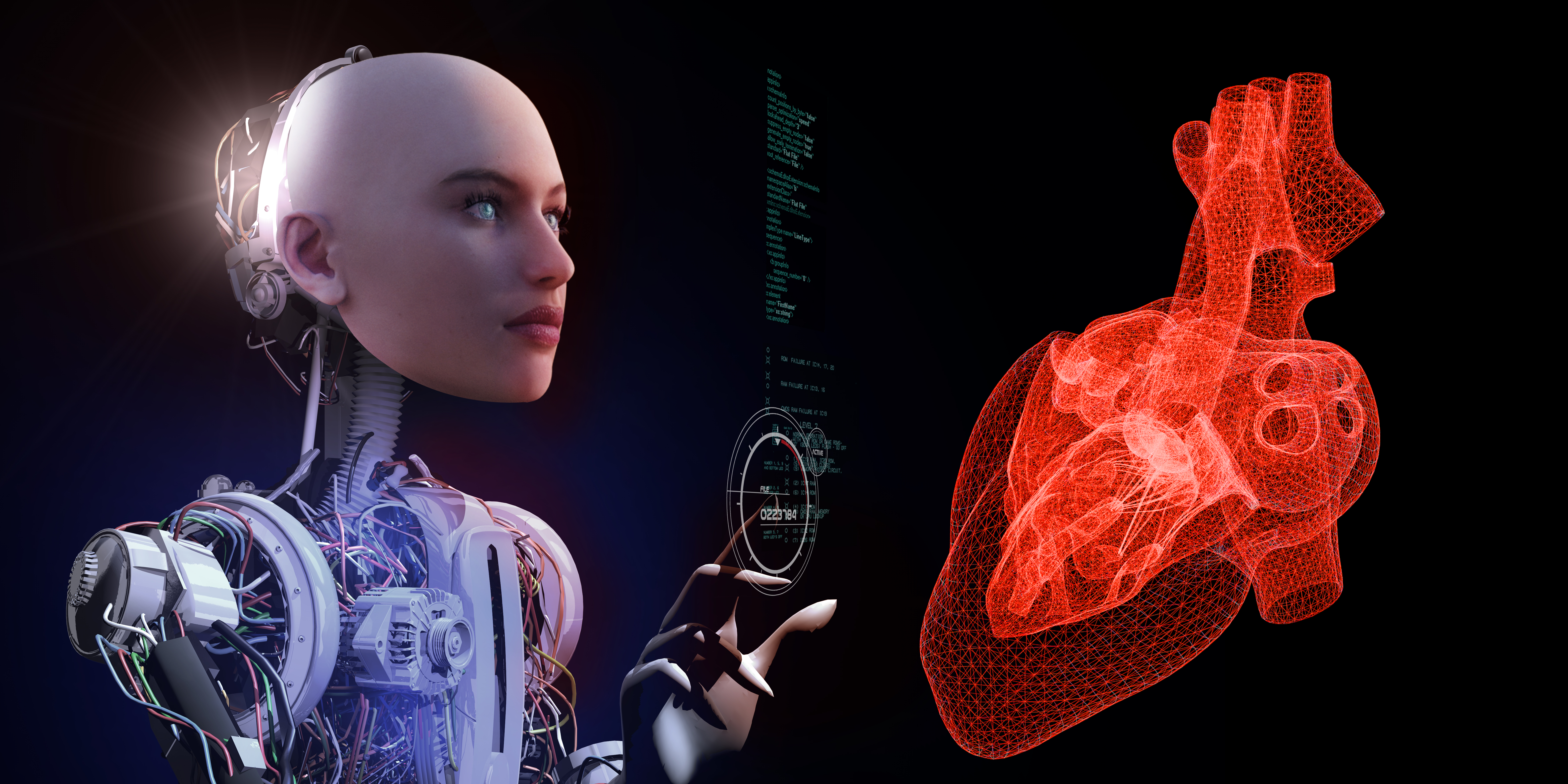
“Healthcare is a term that’s almost as broad as AI, so when you combine the two, it can be a challenge to know where to start.”
That’s about as good as summary as we’ve seen of the complexity and challenge of discussing the myriad ways developments in Artificial Intelligence are going to change the healthcare sector, if they aren’t already.
The writer is Chandra Ambadipudi, co-founder of Clairvoyant, a tech consulting firm, who recently shared three ways he thinks AI can be a significant force for good in healthcare.
As he sums up the opportunities, “the truth is that AI . . . has an opportunity to transform industries by enhancing the efficiency of the most mundane tasks. In healthcare, these regular and repeatable tasks include things like record keeping (electronic medical records), process management & scheduling, and prescription refills.”
As for the specifics, Ambadipudi first points to the opportunity for AI in healthcare to be used to reduce long hospital wait times and other logistical problems. “For example, AI-powered systems could be used upon a patient’s arrival to route questions to a doctor or specialist with the best outcomes for a patient’s symptoms instead of just sending them to the first doctor available.”
Moreover, he notes that one of the most common problems in healthcare today is staffing. Yes, other industries share this problem, but Ambadipudi points out that in healthcare, it can compromise patient care and put people’s health and even lives at risk.
“Using both internal and external data,” he says, “hospitals and other healthcare facilities could benefit from machine learning algorithms that leverage time series forecasting to uncover patterns in data to predict admission rates per day and time.”
Beyond enhancing the efficiency of day-to-day processes, Ambadipudi argues AI can also help similarly with diagnostics. “Currently there are a lot of global AI initiatives in healthcare using advanced AI algorithms to process multiple health-related data points like images, videos, DNA data, lifestyle and diagnostic data to create different health management scenarios for each patient,” he explains. “Integrating advanced big data techniques to manage and process this data is where such initiatives can be accelerated and made effective.”
Finally, there’s AI’s potential to improve treatment.
“Caring for patients remotely (telemedicine) has existed for awhile,” Ambadipudi says, but “with improved online video conferencing services, smartphones, and wearables, telemedicine has gotten a lot easier. Integrating AI capabilities into telemedicine platforms will help doctors recommend better treatment plans. For example, an algorithm could track every treatment for bronchitis and then ask patients how long it took them to get better. The platform could then adapt and recommend treatments based on past success rates.”
As Ambadipudi puts it early on, healthcare is a massive industry with multiple sectors ranging from services and facilities, to devices and equipment, to insurance, to pharmaceuticals. But “with realistic expectations and strategic adoption by healthcare institutions and providers,” what might be a breeding ground for confusion can become a landscape on which clear progress is being made daily.


